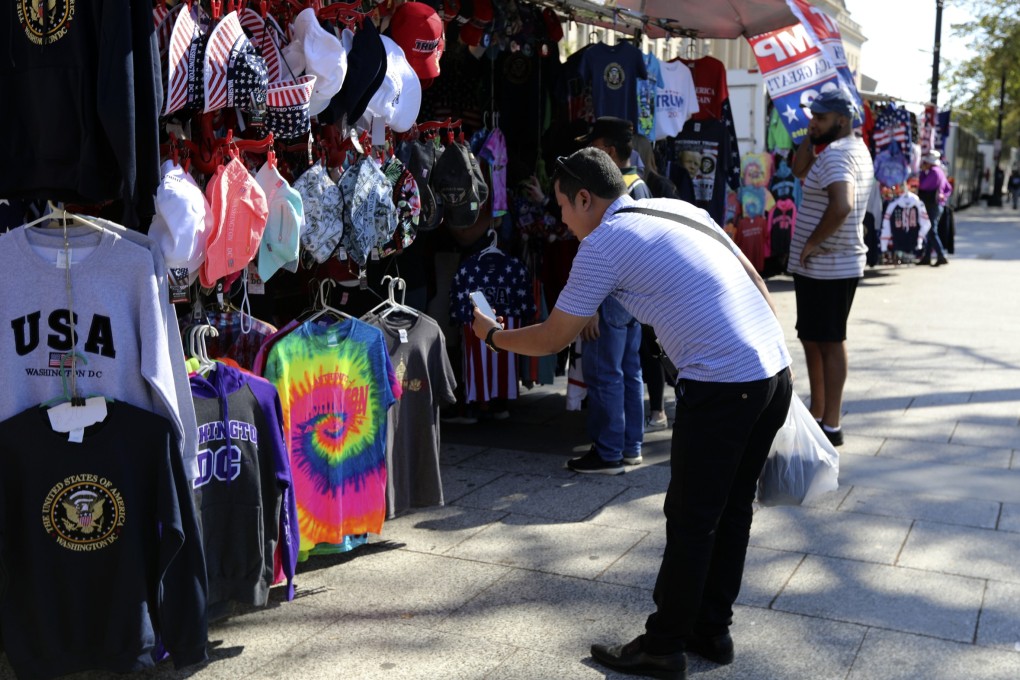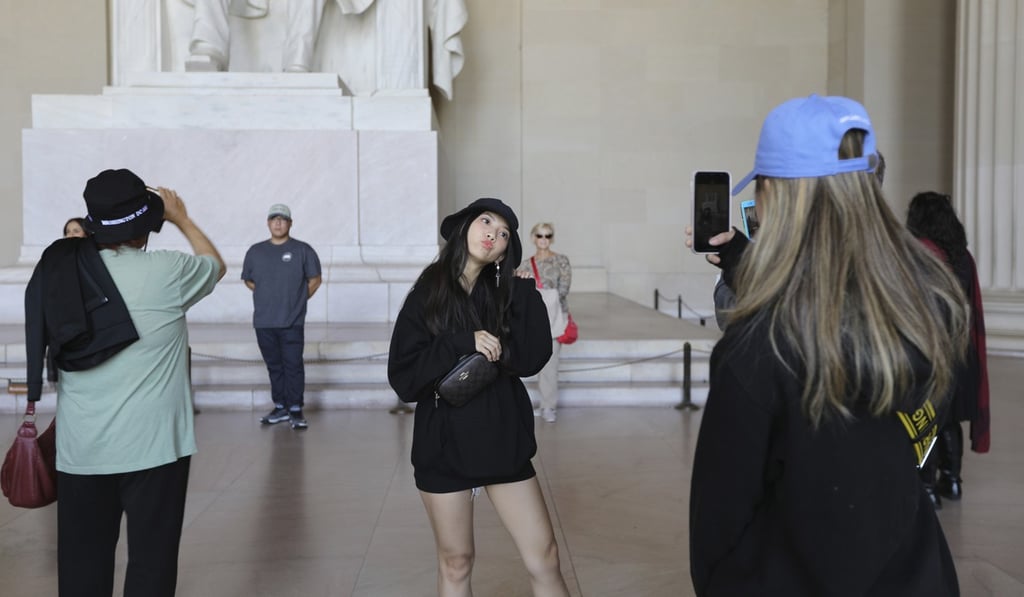US travel industry steps up efforts to win back Chinese tourism business lost to trade war
- States and cities making big effort to attract affluent Chinese visitors and their spending power back to US shores
- Tourism officials say tariff war between Washington and Beijing is doing damage to their industry

The city of Washington has offered hotel discounts timed to coincide with Lunar New Year, while the state of Arizona has promoted its outdoor attractions to draw visitors during another Chinese holiday. In California, San Francisco has expanded its social media presence on Chinese apps to market year-round travel to millennials.
Across the United States, the tourism industry is trying to counter one of the effects of President Donald Trump’s trade war with China – a drop in the number of affluent Chinese visitors. As a battle over trade and tariffs has raged for 15 months with no substantial breakthrough, the travel industry is trying to minimise the damage.
It has good reason. A growing Chinese middle class has become a lucrative market for the US travel industry. Close to three million Chinese tourists visited the US last year. They spent liberally – an estimated average of US$6,700 per person per trip, which exceeded the average spending of overseas tourists by more than 50 per cent, according to industry body the US Travel Association.
Concerns among US tourism agencies have grown as Beijing warned that Chinese travellers to the US may suffer harassment. The increased difficulty Chinese tourists face in getting US visas is making matters worse.

The number of visitors from China dropped nearly 4 per cent in the first half of this year after a nearly 6 per cent drop in 2018. More broadly, the US share of the global travel market has slipped in the past year, and travel and hospitality groups have blamed the trade conflicts and intensified competition from other countries.
